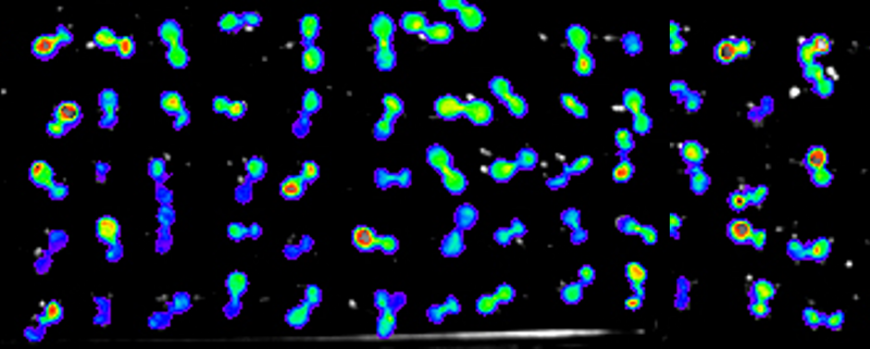Overview
Welcome to the Plant Epigenetics lab.
We are interested in plant epigenetics and the adaptation of plants to recurring and chronic stress. We are situated at the Institute for Biochemistry and Biology at the University of Potsdam.
To learn more about who we are and what we do, please visit our webpage.
Plant Stress Memory – Molecular Basis and Evolution
Our lab is interested in the long-term adaptation of plants to abiotic stress and the role of epigenetic and chromatin regulation in this process. Abiotic stress (such as extreme temperatures, salinity, lack of water) is a major limitation to crop productivity, a problem likely to be exacerbated in the future. While the early responses to abiotic stress in plants are well studied, plant adaptation to enduring or recurring stress conditions has received little attention, despite its importance in nature. Plants remember past exposure to abiotic stress, such that development or responses to repeated stress are modified; however, the underlying molecular mechanisms are essentially unknown. Using genetic, molecular and evolutionary biological approaches, the lab studies the memory of heat stress in Arabidopsis as a model. In addition, we use barley as a monocot and temperature cereal model in our studies. Our research hopes to reveal insights into the basic research question of how plants achieve a cellular memory without a nervous system, and the economically important question of how plants adapt to abiotic stress, providing new approaches for crop improvement.

